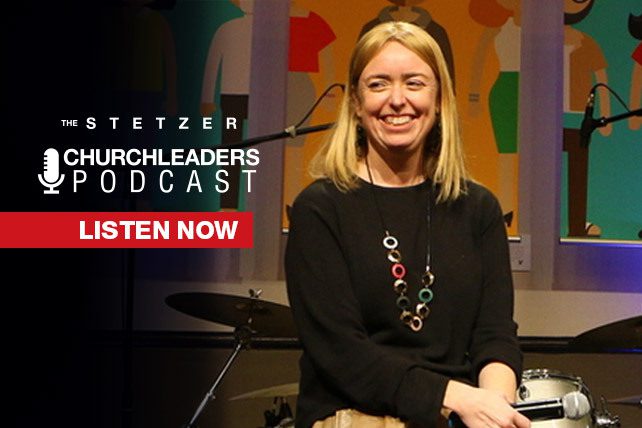Global Vision Bible Church senior pastor Greg Locke is known for his controversial political stances and provocative preaching. But on Sunday, July 2, Locke gave what he called the most vulnerable, real, raw and honest message he has ever preached.
“This is a declaration, an apology, and a biblical life lesson all in one,” Locke wrote above the video of his message, which he posted on Facebook. “You may think you know about me and our church. Well, watch this and find out the truth, the revelation, and the journey that led us to…THE HEART OF JESUS.”
For nearly an hour, Locke preached from Matthew 11:29, focusing on Jesus’ description of himself: “For I am gentle and lowly in heart.”
Locke shared that he used to define meekness “as strength under control.” While he still believes that is a valid description, Locke said that the Holy Spirit revealed to him a “better, more biblical, applicable definition”: Meekness is “ability robed in wisdom.”
“I’ve got the ability to crush you, but in wisdom, I reserved myself. I’ve got the ability to show strength, but wisdom tells me to slow my roll,” Locke said.
Today’s generation has been raised to believe that meekness is a sign of weakness, Locke argued. “Matter of fact, [it is] men especially that are consumed with a lack of meekness are the weakest people in society,” Locke said.
An emotional Locke told the congregation that “God will take you through seasons to season you” before discussing his years of ministry and how God has matured him, especially in this last few months.
Locke, who started Global Vision Bible Church 17 years ago, admitted he has said some “dumb stuff” throughout his years in ministry, even thanking God that YouTube didn’t exist when he was in his 20s.
”I don’t demonize our past,” Locke reflected. “I just question some of the methodology we used to get there.”
RELATED: Greg Locke Warns Christians To ‘Wake Up’ After YouTube Permanently Deletes Church’s Channel
The pastor gave God the credit for what Global Vision Bible Church has become, but Locke shared that his big personality has often gotten in the way of what God was doing.



























